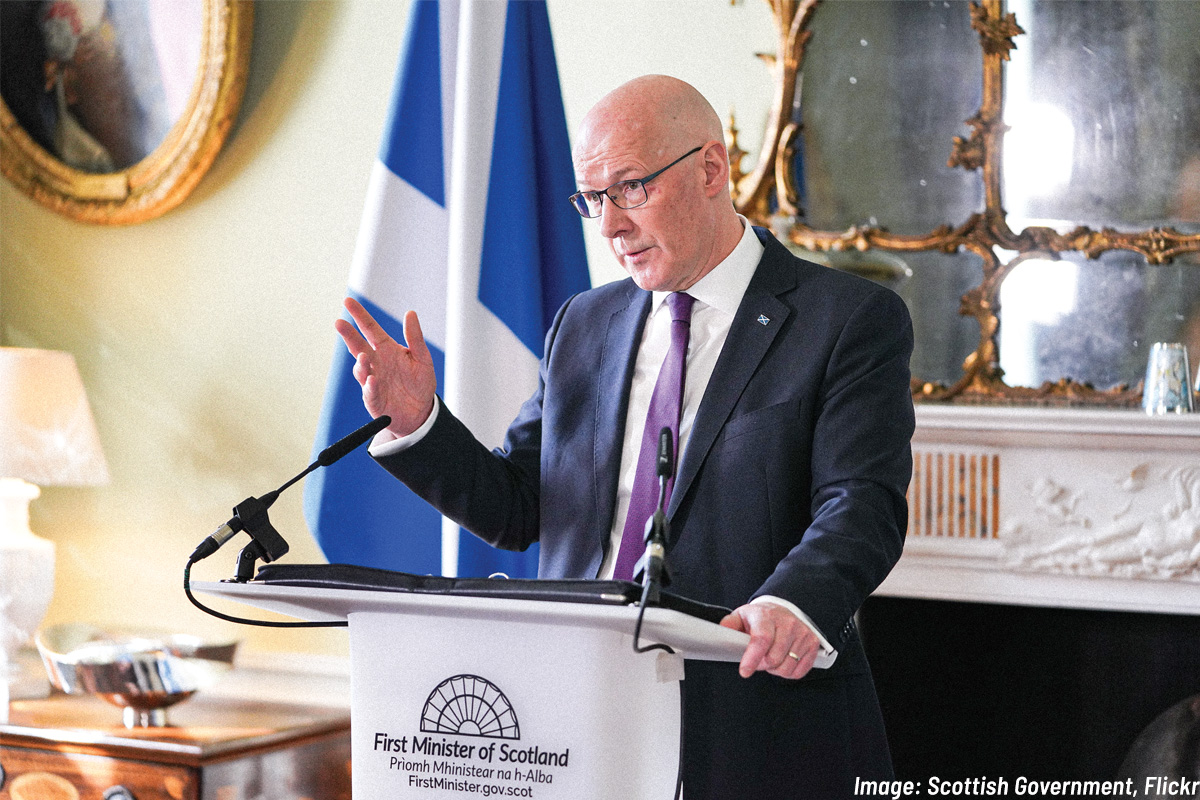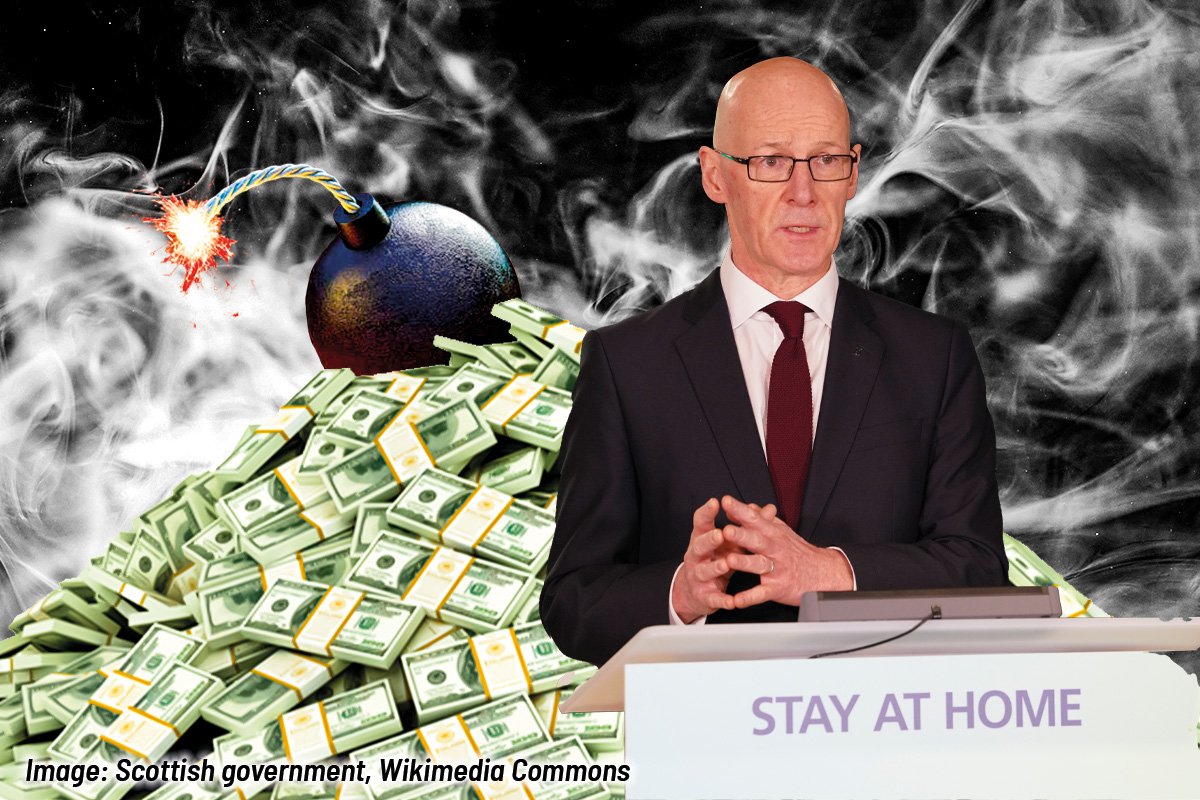It’s finally been confirmed. After months of dithering and posturing
from David Cameron last month saw the British and Scottish governments
agree that there would be a referendum on Scottish independence in 2014.
It’s finally been confirmed. After months of dithering and posturing from David Cameron last month saw the British and Scottish governments agree that there would be a referendum on Scottish independence in 2014.
As a result, the issue is set to underpin everything else that happens in Scottish politics over the next two years. In particular it is likely that austerity and cuts will continue to be passed on by the nationalist government and blamed on Westminster. On the other side the “Better Together” campaign supported by the Tories, Liberals and Labour will go on explaining how much worse it would all be in an independent Scotland.
The referendum agreement further polarises the issue between Scottish nationalism and unionism on the one hand whilst also acting to limit debate on the future of Scotland and Britain on the other by virtue of only having one-option on the ballot paper.
Despite the fact that polls demonstrate that the majority of Scots favour an extension of economic powers to Holyrood, no question on ‘devolution maximum’ (devomax) is to be presented.
Tories
This came at the insistence of the Tories, largely from an opportunist political commitment to discrediting Alex Salmond in the case of a ‘no’ vote on independence. As a result the tentative moves by the STUC to move towards a position of support for devolution maximum whilst arguing against austerity measures and in favour of an extension of social welfare have been undermined.
Whilst far from the socialist programme the Labour movement needs to transform society it did at least offer the prospect of an alternative to unionism and nationalism and a space for a debate on the real issue of how workers and youth struggle against the austerity measures and the capitalist crisis.
Given the thoroughly reactionary nature of “Better Together” and the “democratic deficit” that sees a Tory-led government impose austerity measures on a nation with more pandas than Conservative MPs many leftwing youth are understandably attracted to independence.
However the right-wing unionist character of “Better Together” and Johann Lamont’s support for spending cuts and opposition to Scotland’s alleged “something for nothing” society [sic!] doesn’t change the pro-big business content of the SNP’s programme for an independent Scotland with lower corporation tax.
Radicalism
Its alleged radicalism has become more and more watered down by the day as their leaders seem more and more desperate to promise that a “yes” vote won’t change much beyond the colour of the flag. Monetary policy will be dictated by the Bank of England, and Scotland will go on using the pound, presumably also largely constraining the national budget.
Despite Salmond’s declaration at the SNP’s conference that Scotland would no longer be ruled by “Lord Snootys” (if only!) the very same event pledged that an independent Scotland would seek membership of NATO! This also asks severe questions about the pledge for an end to nuclear weapons on the Clyde.
The SNP is now facing further difficulties with Salmond being caught red-handed lying about getting legal advice over Scotland’s potential EU membership.
Despite the illusions of some, the choice in 2014 won’t be between the Tories and a left-wing or “progressive” vision of an independent Scotland. The “Yes Scotland” campaign is led by a party that has frozen public sector wages, slashed further education and attempted to prove their big business credentials by railroading Donald Trump’s golf course plans in Aberdeenshire at the expense of the interests and rights of local people.
Rights
The referendum itself actually raises many questions about democratic rights. Whilst it seems right that 16-17 years old should be franchised why should this only be for one referendum? On the other hand the many Scots who live in England are to be denied a vote on their nation’s future!
In calling for a no vote in 2014 we are in no way shape or form endorsing unionism or the “Better Together” campaign. We are arguing that the only way forward for workers and young people in Scotland and across Britain (and the world for that matter) is through their organisations, struggle and unity and the fight for socialism.
The development of the fight back against austerity hasn’t been confined to north of the border. When the student movement kicked off in 2010, Scottish students organised alongside those in England, Wales and the north of Ireland against fees which didn’t even directly affect them.
Public sector strike action and the recent demonstrations again saw a show of force throughout Britain. This is part of the same process that is seeing escalating struggles in Spain and Greece. Dividing the movement on national lines and allowing us to be played off against each other can only serve to undermine the fightback.






